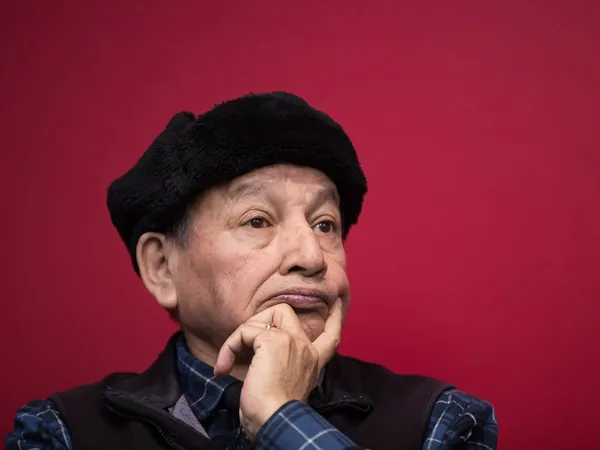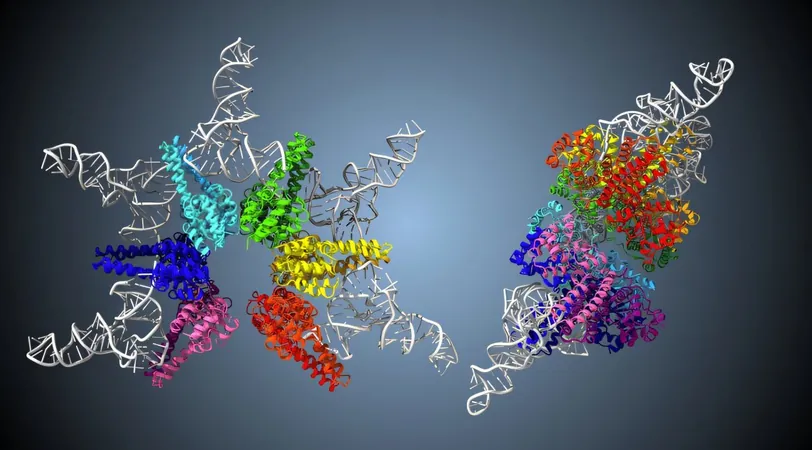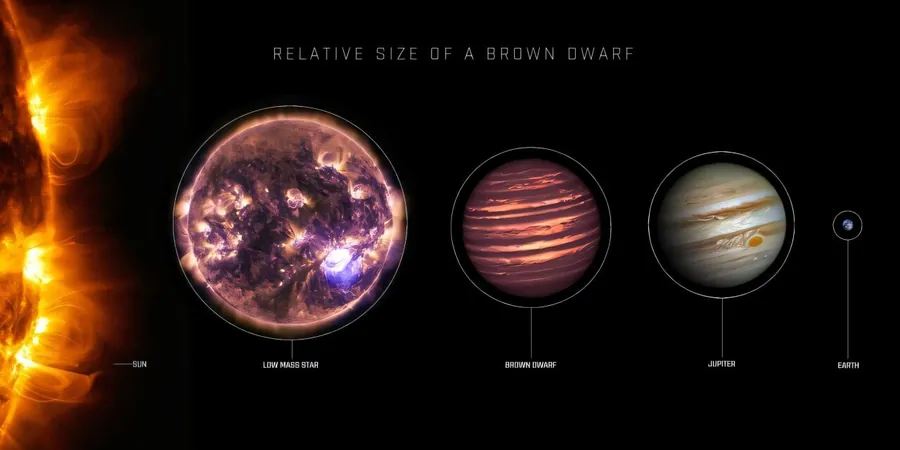
B.C. First Nations Leader Shocks with Surprising Reversal on Northern Gateway Pipeline Post-Trump
2025-01-21
Author: Emily
B.C. First Nations Leader Shocks with Surprising Reversal on Northern Gateway Pipeline Post-Trump
In a surprising turn of events, Grand Chief Stewart Phillip, the president of the Union of B.C. Indian Chiefs, has changed his stance on the controversial Northern Gateway pipeline project, previously scrapped in 2016 due to strong opposition, including from Indigenous leaders.
Phillip acknowledged that his past resistance to Northern Gateway came during a “different time” and suggested that current dynamics compel a reconsideration of the project. "We are staring into the abyss of uncertainty right now with climate change, the climate crisis and the American threat," he stressed in a news conference held in Vancouver. His comments reflected the heightened concerns regarding socio-economic and environmental implications, particularly in light of the U.S. administration under President Donald Trump.
Phillip articulated a stark warning: “If we don’t build that kind of infrastructure, Trump will — and there will not be any consideration for the environment or the rule of law.” This statement underscores his belief that inaction on crucial infrastructure may hinder Canada’s ability to protect its interests amidst volatile political landscapes.
His unexpected shift comes after Alberta Premier Danielle Smith publicly called for the immediate start of Northern Gateway's construction. Smith argued that diversifying Canada’s export markets is essential, especially given Trump’s threats of tariffs on Canadian goods. “We’ve got to take down internal trade barriers between Canadian provinces,” she said, advocating for a national approach to energy projects, whether it’s Northern Gateway or discussions surrounding Energy East.
Since opposition led by leaders like Phillip, there have been progressive agreements between Indigenous communities, governments, and resource companies, yielding marked benefits for Indigenous peoples. Reflecting on these developments, Phillip remarked on the “amazing” partnerships that have emerged.
However, some experts are taken aback by Phillip’s new position. Professor David Tindall from the University of British Columbia, who has studied environmental movements, expressed surprise, noting that Phillip played a key role in resisting the Trans Mountain expansion, another contentious pipeline project completed just last year. Tindall posited that this pivot might indicate broader implications of shifting political tides, especially with the potential for a conservative resurgence in the upcoming federal elections.
As Canada grapples with the realities of climate change and uncertain international relationships, the debate surrounding resource development continues to evolve, presenting both challenges and opportunities for Indigenous and non-Indigenous communities alike.
The fate of the Northern Gateway pipeline and other energy projects remains a contentious issue, raising questions about sustainable development and the true costs of energy infrastructure in the face of a changing climate. As the national conversation develops, many will be watching closely to see how this pivotal moment impacts both the future of Indigenous rights and Canada’s energy strategy.









 Brasil (PT)
Brasil (PT)
 Canada (EN)
Canada (EN)
 Chile (ES)
Chile (ES)
 Česko (CS)
Česko (CS)
 대한민국 (KO)
대한민국 (KO)
 España (ES)
España (ES)
 France (FR)
France (FR)
 Hong Kong (EN)
Hong Kong (EN)
 Italia (IT)
Italia (IT)
 日本 (JA)
日本 (JA)
 Magyarország (HU)
Magyarország (HU)
 Norge (NO)
Norge (NO)
 Polska (PL)
Polska (PL)
 Schweiz (DE)
Schweiz (DE)
 Singapore (EN)
Singapore (EN)
 Sverige (SV)
Sverige (SV)
 Suomi (FI)
Suomi (FI)
 Türkiye (TR)
Türkiye (TR)
 الإمارات العربية المتحدة (AR)
الإمارات العربية المتحدة (AR)